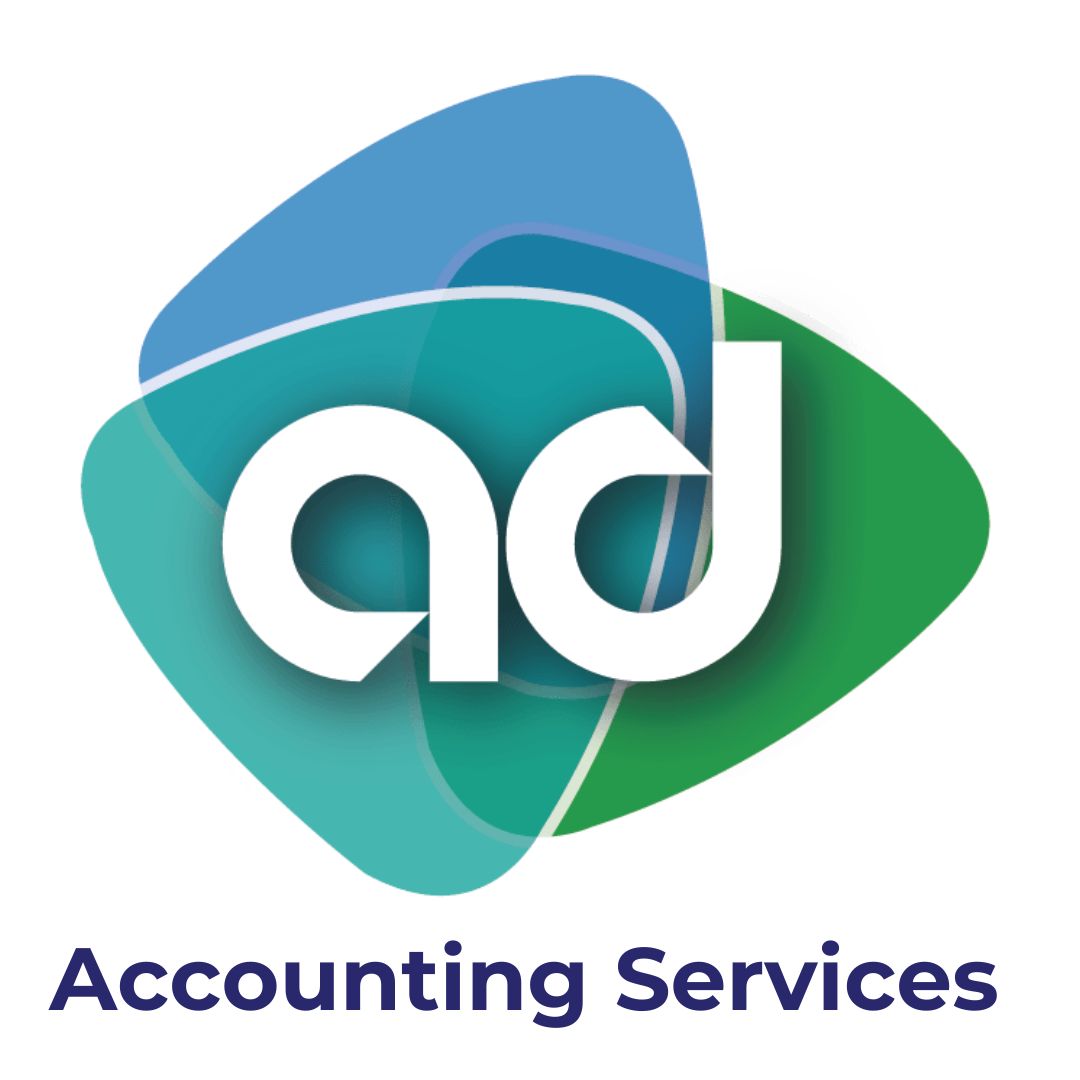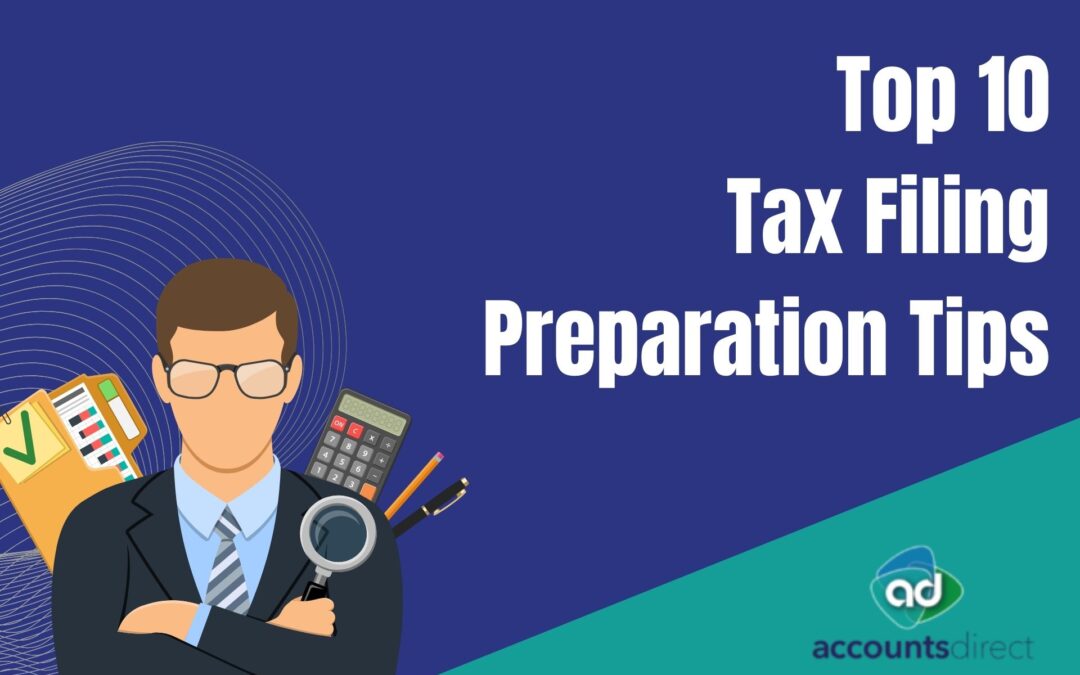Every year, taxpayers in the United Kingdom are responsible for reporting their financial information and paying taxes to the government. This process can be daunting and overwhelming, especially for individuals filing their taxes for the first time. However, proper preparation and organisation can make the tax filing process more manageable and stress-free. To help taxpayers, we have compiled a list of the top 10 things to prepare before filing taxes. Let’s dive in!
Review Your Personal Information
The first step to preparing for tax filing is to review your personal information. This includes your full name, date of birth, and National Insurance Number. This information is used to identify you and is essential for accurate tax filing. Make sure all information is up-to-date and correct. If any changes need to be made, inform the HM Revenue and Customs (HMRC) as soon as possible.
Gather All Necessary Documents
Before filing your taxes, gathering all necessary documents, such as your P60, P45, and P11D forms, is crucial. These forms include information about your income, deductions, and benefits for the tax year. Also, gather other documents, such as bank statements, payslips, and receipts, as evidence of your income and expenses. Keeping these documents organised will make the tax filing process smoother.
Keep Track of Your Income
Maintaining a record of all your income sources, including employment, self-employment, and investment income, is essential. Organise this information by separating it into categories and have the necessary documents to support it. This will help accurately report your income and avoid discrepancies with the HMRC.
-
Employment income
If you are employed, gather your P60 form, which shows your total pay, tax, and National Insurance contributions for the year. Also, ensure you have your most recent payslip, which includes information about any bonuses, commissions or benefits received. Don’t forget to include any income received from freelance work or consultancy.
-
Self-employment income
If you are self-employed, gather receipts and invoices for business expenses, such as rent, supplies, and travel costs. Also, keep track of your business income, including sales and any payments received. Ensure all records are organised and ready to be included in your tax return.
-
Investment income
If you have any investment income, such as interest on savings or dividends, collect all relevant documents, such as statements from banks and investment companies. This information is crucial for accurately reporting your investment income.
Deductions and Allowances
Taxpayers in the United Kingdom are entitled to various deductions and allowances, which can help reduce your tax liability. Review these deductions and allowances and gather the necessary documents to support them. These may include charitable donations, pension contributions, and rental expenses for landlords.
Check for Changes in Your Circumstances
It’s vital to check for significant changes in your circumstances that may affect your tax filing. This could include a new job, starting a business, or getting married. Inform the HMRC of any changes that may impact your tax liability.
Utilise Tax Credits
Low-income individuals or families may be entitled to tax credits, which can help reduce their tax liability. Check if you are eligible for any tax credits and review the documents required to apply.
Consider Utilizing Tax Software
For taxpayers who are comfortable using technology, tax software can be an efficient and cost-effective way to file your taxes. These software programs guide you through tax filing and help identify missed deductions or allowances.
Seek Professional Help
If you are unsure about the tax filing process or have a complicated financial situation, seeking professional help from a tax advisor or accountant may be beneficial. These professionals are well-equipped to guide you through the tax filing and ensure accurate reporting while maximising potential tax savings.
Plan for Next Year
Tax filing doesn’t have to be a once-a-year headache. Start planning and organising your financial records throughout the tax year to make the process more manageable. This will also help identify any potential tax deductions or credits you may be eligible for.
File Your Taxes On Time
The deadline for filing taxes in the United Kingdom is January 31st. Make sure to file your taxes on time to avoid penalties or interest charges. If you cannot meet this deadline, file an extension with the HMRC before the due date.
Conclusion:
With proper preparation and organisation, tax filing can become less daunting and more manageable for taxpayers. Reviewing personal information, gathering necessary documents, keeping track of income, and taking advantage of deductions and allowances are crucial steps in preparing for tax filing. Consider utilising tax software or seeking professional help if needed, and make sure to file your taxes on time to avoid any penalties. Planning and staying organised throughout the year is key to a stress-free tax filing experience.

